Shop Floor Data Collection Software
Shop Floor Data Collection Software connects digital sensors with physical production by capturing and transmitting real-time factory data from machines and personnel. It ensures that production processes are monitored accurately to enhance efficiency, maintain quality standards, and reduce operational risks.
This solution fuels smart manufacturing by integrating on-floor insights with centralized systems and driving ongoing process optimization.
Data Collection Challenges
Collecting accurate shop floor data is difficult when relying on manual entry, paper-based logs, or outdated systems. These methods lead to data gaps, errors, and delayed insights that hinder decision-making. Without real-time visibility, manufacturers struggle to optimize processes, ensure quality, and respond quickly to production issues.
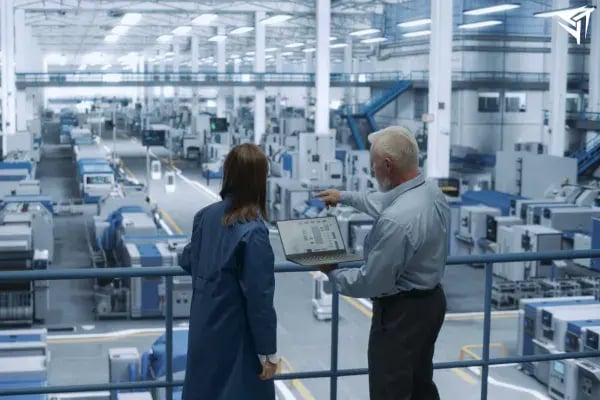
What is Shop Floor Data Collection Software?
Shop Floor Data Collection Software captures real-time data from machines, sensors, and operators on the factory floor. It records production activity, labor input, downtime, and quality events to provide accurate, time-stamped insights. This improves traceability, enables faster issue resolution, and supports data-driven decision-making for production optimization.
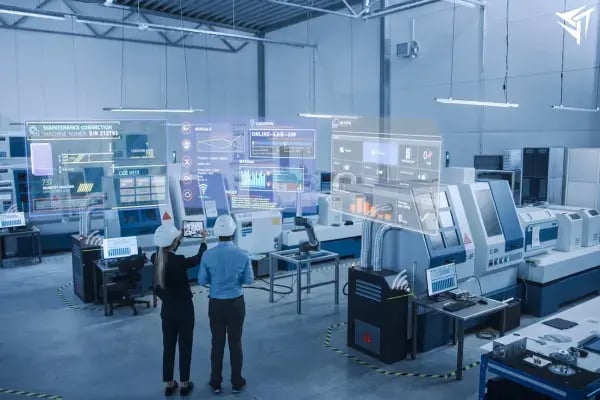
Key Features of Shop Floor Data Collection Software
Automated Data Capture
Eliminates manual data entry by automatically gathering operational metrics from IoT devices and equipment. This integration ensures accurate, reliable data flow that streamlines reporting and reduces errors for improved efficiency.
Real-Time Monitoring
Continuously captures live data from machines, sensors, and workstations to provide instant visibility into production processes. Enables agile decisions, immediate alerts, and proactive issue resolution to boost operational performance.
Centralized Reporting
Consolidates data from diverse shop floor sources into a unified platform, offering comprehensive dashboards and detailed reports. Enhances transparency, supports data-driven analysis, and facilitates continuous process improvement.
Benefits of Using Shop Floor Data Collection Software
Enhanced Visibility
Delivers real-time insights into production processes, empowering managers to monitor performance and drive operational excellence.
Improved Efficiency
Reduces manual data entry and accelerates reporting, allowing teams to focus on process improvements and productivity.
Faster Response
Enables immediate issue detection and rapid corrective actions, minimizing downtime and maintaining production continuity.
Quality Control
Provides consistent tracking of production quality with data alerts, ensuring adherence to quality standards and reducing defects.
Data Accuracy
Automates data capture to eliminate human errors, ensuring reliable and consistent information for effective decision-making.
Informed Decisions
Offers actionable insights and comprehensive analytics that empower managers to make strategic, data-driven choices for continuous improvement.
Siemens Opcenter Execution
Snic Solutions is recognized as one of the elite organizations partnered with Siemens as a value-added reseller of Opcenter.
/About%20Page/Blake%20Digital%20Transformation%20Solutions.png?width=500&height=500&name=Blake%20Digital%20Transformation%20Solutions.png)
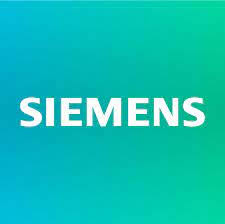
Software Integration
Shop Floor Data Collection Software connects seamlessly with MES, ERP, and QMS systems to capture accurate, real-time production data directly from machines and operators.
What happens when you integrate?
Integration ensures that production data flows instantly across systems, eliminating manual entry errors. This improves traceability, accelerates decision-making, and enhances overall process visibility.
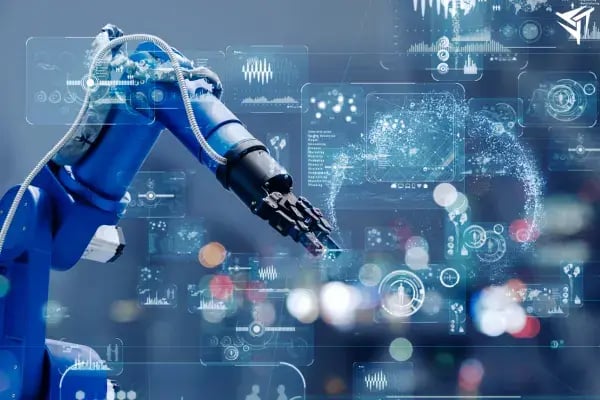
From Our Blog
Stay up to date with what is new in our industry, learn more about the upcoming products and events.
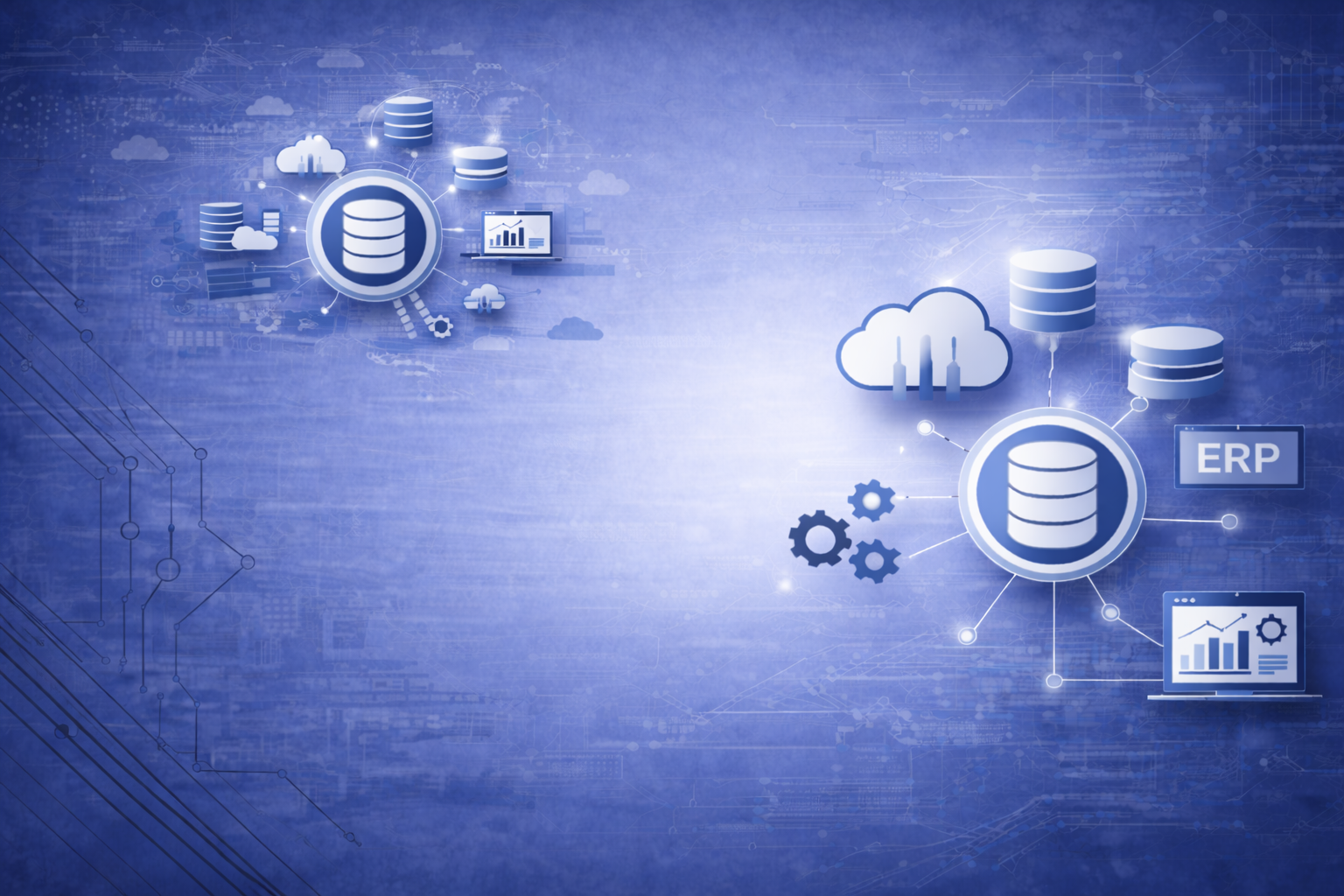
Why Manufacturers Struggle to Use Data — and How Data Integration Fixes It
Alex is an operations leader at a manufacturing plant. He’s aware that his IT team…
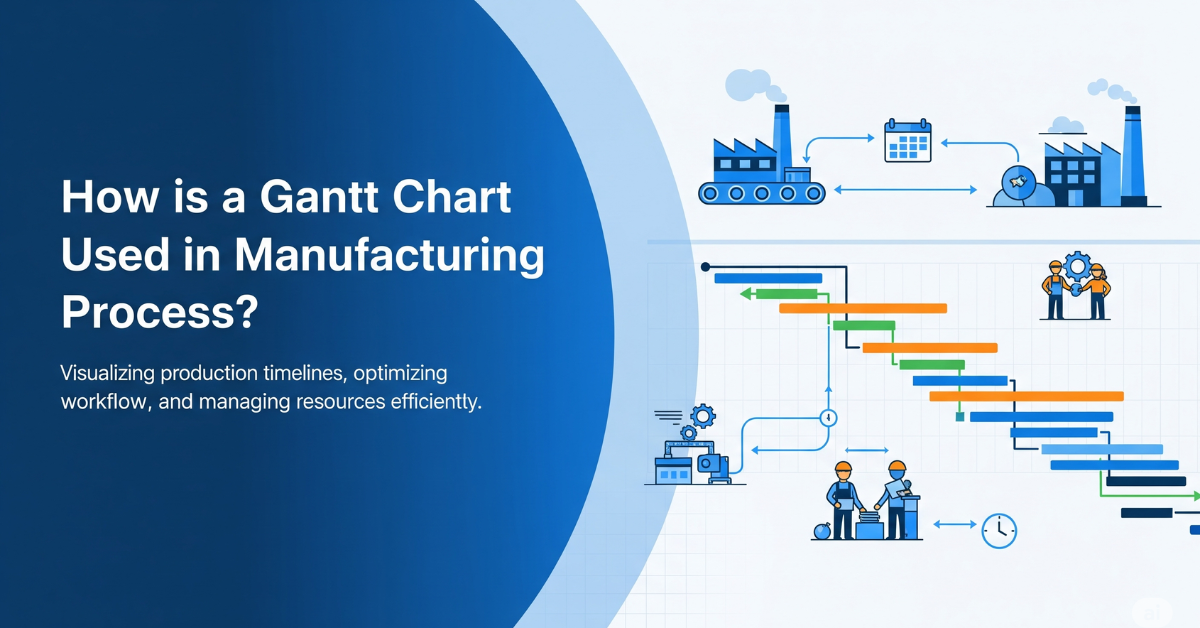
How is a Gantt Chart Used in Manufacturing Process?
In manufacturing, Gantt charts are used to simplify production by visualising task…
.png)
Top Advantages of Laboratory Automation Systems
Are you curious about how laboratory automation can benefit your lab? Laboratory a…
Frequently Asked Questions
Have Question? We are here to help
What is shop floor software?
Shop floor software monitors, manages, and controls manufacturing operations in real time. It connects machines, workers, and systems to improve productivity, quality, and visibility.
What is shop floor data collection?
Shop floor data collection is the process of capturing real-time production data—such as machine status, job progress, and downtime—from the manufacturing floor for analysis and reporting.
What is the difference between MES and shop floor management?
MES (Manufacturing Execution System) is a software platform that manages and monitors all shop floor activities. Shop floor management refers to the operational practices and leadership used to run the floor effectively.
What type of software is used for data collection?
Data collection in manufacturing uses software like MES, SCADA, and dedicated shop floor data collection (SFDC) tools to gather and analyze operational data.
What are the three phases in shop floor control?
-
Order Release – Assigning jobs to work centers
-
Order Scheduling – Planning the sequence and timing
-
Order Tracking – Monitoring execution and recording data
What software is used for data collection?
Common software includes MES platforms, SCADA systems, and SFDC tools. Examples include Siemens Opcenter, Ignition SCADA, and FactoryTalk.
Partner With Us To Reduce Your Technical Debt
Snic Solutions is recognized as one of the elite organizations partnered with Siemens as a value-added reseller of Opcenter.
/About%20Page/Blake%20Digital%20Transformation%20Solutions.png?width=500&height=500&name=Blake%20Digital%20Transformation%20Solutions.png)
